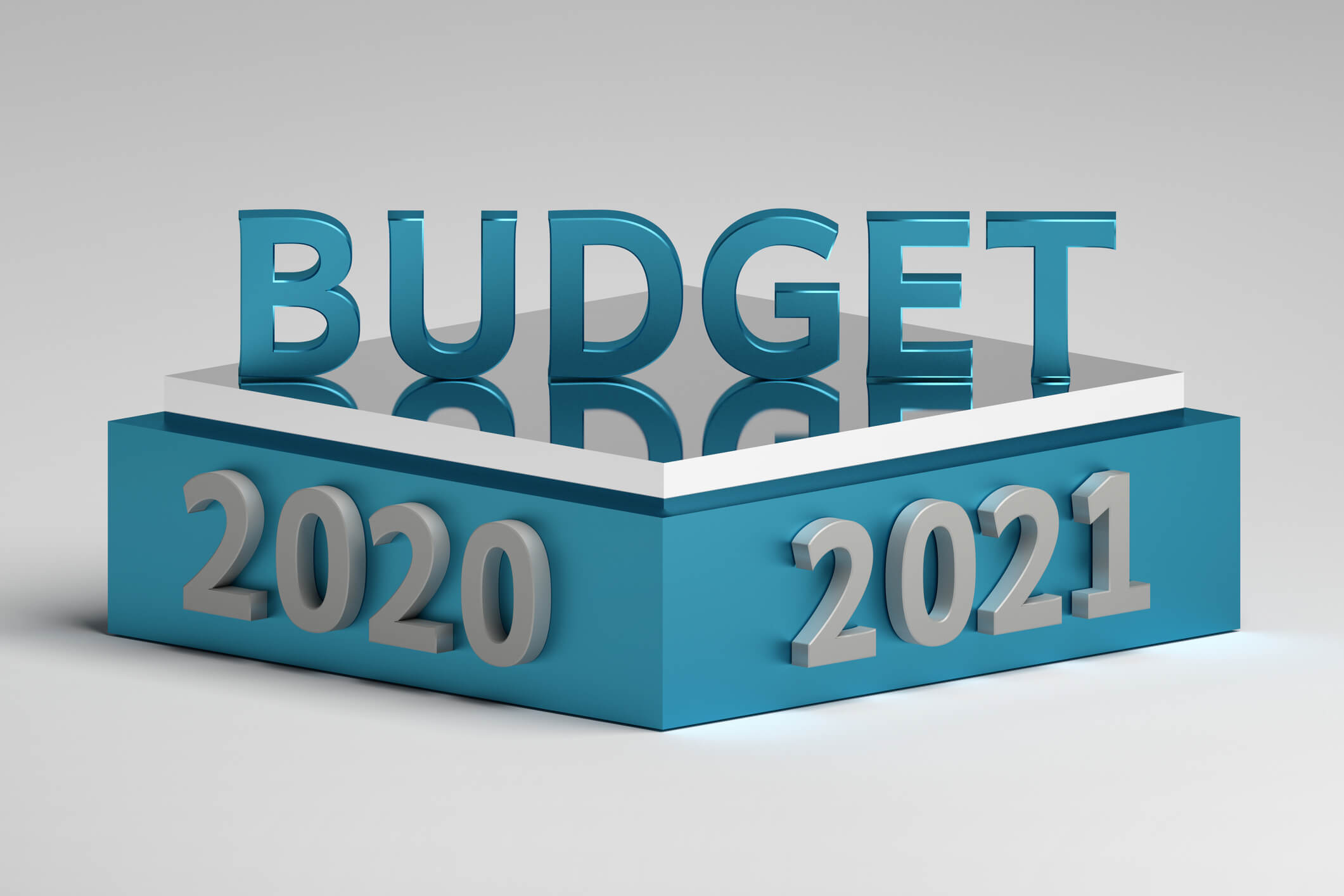Having a business budget is as important as having a household budget. The purpose of the two budgets is similar in some ways and diverse in other ways. A business budget is an outline of monthly operational income and expenses. Still, your business should have a yearly budget so you can work to cover it with or without financing. You should have at least a six-month business budget before you start your business and should adjust as you work through the year.
The business budget is essential for making financial decisions but can also be important when trying to obtain financing from investors or lenders. Here are five essential steps to creating a business budget.

Add Up Your Income Sources
When writing your business budget, you need to figure out all your income sources. This will be cash flow and any other positive income that you use to operate your business. This can be from financing, sales, outstanding accounts receivable, and refunds.
Once you have all your income sources, you will enter them into your budget, broken out by source, and finally calculating your total income.
Determine Your Fixed Costs
Fixed costs are those expenses that will always be the same month to month. It is best to always have your fixed costs at the top of your expenses since they will not change. Generally, fixed costs are your lease, fixed utilities, internet and phone services, and payroll. If you have any other expenses that are the same every month, you should add it to your budget’s fixed costs.
If you cannot determine your fixed costs, you can use a bank statement to see what costs were consistently the same. Once you figure out your fixed costs, you will total them on your budget.

Determine Variable Costs
Variable costs are all the expenses that don’t fall in the fixed costs category. These are any expenses that change from month to month in an amount or due date. These expenses are usage-based utilities, travel costs, commissions, or any other fluctuating expenses.
Since variable expenses can change from month to month, they can be difficult to budget. However, you can budget for the average or general cost each month. When looking at variable costs, if you are not making enough to cover the budget, this is where you will look for expenses to cut. This is similar to a household budget in that if you aren’t making your business ends meet, you will use your budget to help you determine where to cut.
One-Time Spending
While most of your expenses, whether variable or fixed, will be the same each month, there are also costs that only happen on occasion that need to be added to the budget. These costs can be easily forgotten when they are not a regular expense. Make a list of these expenses, so when you are making your yearly budget, you can add them and also add to the monthly budget when the time is appropriate.
These one-time expenses will fall into two categories, planned and unplanned. While you may wonder how you can add unplanned expenses, you should have a miscellaneous yearly expense that will be used to cover those unplanned expenses that inevitably come up.

The most important thing to remember when figuring out your expenses is that you are striving for your business always to be prepared for all possibilities so that nothing will leave you devastated and possibly out of business.
Putting it All Together
Once you have gathered every source or possible source of income and your variable, fixed, and one-time spending costs, it is time to put your budget together. Make sure you have every category covered and the most accurate amounts possible.
Once you have your budget put together and have totaled everything, you will use your budget to compare cash flow out and cash flow in to see your profitability and see whether you are in the black or need to seek financing.
 About Complete Controller® – America’s Bookkeeping Experts Complete Controller is the Nation’s Leader in virtual bookkeeping, providing service to businesses and households alike. Utilizing Complete Controller’s technology, clients gain access to a cloud-hosted desktop where their entire team and tax accountant may access the QuickBooks™️ file, critical financial documents, and back-office tools in an efficient and secure environment. Complete Controller’s team of certified US-based accounting professionals provide bookkeeping, record storage, performance reporting, and controller services including training, cash-flow management, budgeting and forecasting, process and controls advisement, and bill-pay. With flat-rate service plans, Complete Controller is the most cost-effective expert accounting solution for business, family-office, trusts, and households of any size or complexity.
About Complete Controller® – America’s Bookkeeping Experts Complete Controller is the Nation’s Leader in virtual bookkeeping, providing service to businesses and households alike. Utilizing Complete Controller’s technology, clients gain access to a cloud-hosted desktop where their entire team and tax accountant may access the QuickBooks™️ file, critical financial documents, and back-office tools in an efficient and secure environment. Complete Controller’s team of certified US-based accounting professionals provide bookkeeping, record storage, performance reporting, and controller services including training, cash-flow management, budgeting and forecasting, process and controls advisement, and bill-pay. With flat-rate service plans, Complete Controller is the most cost-effective expert accounting solution for business, family-office, trusts, and households of any size or complexity.




